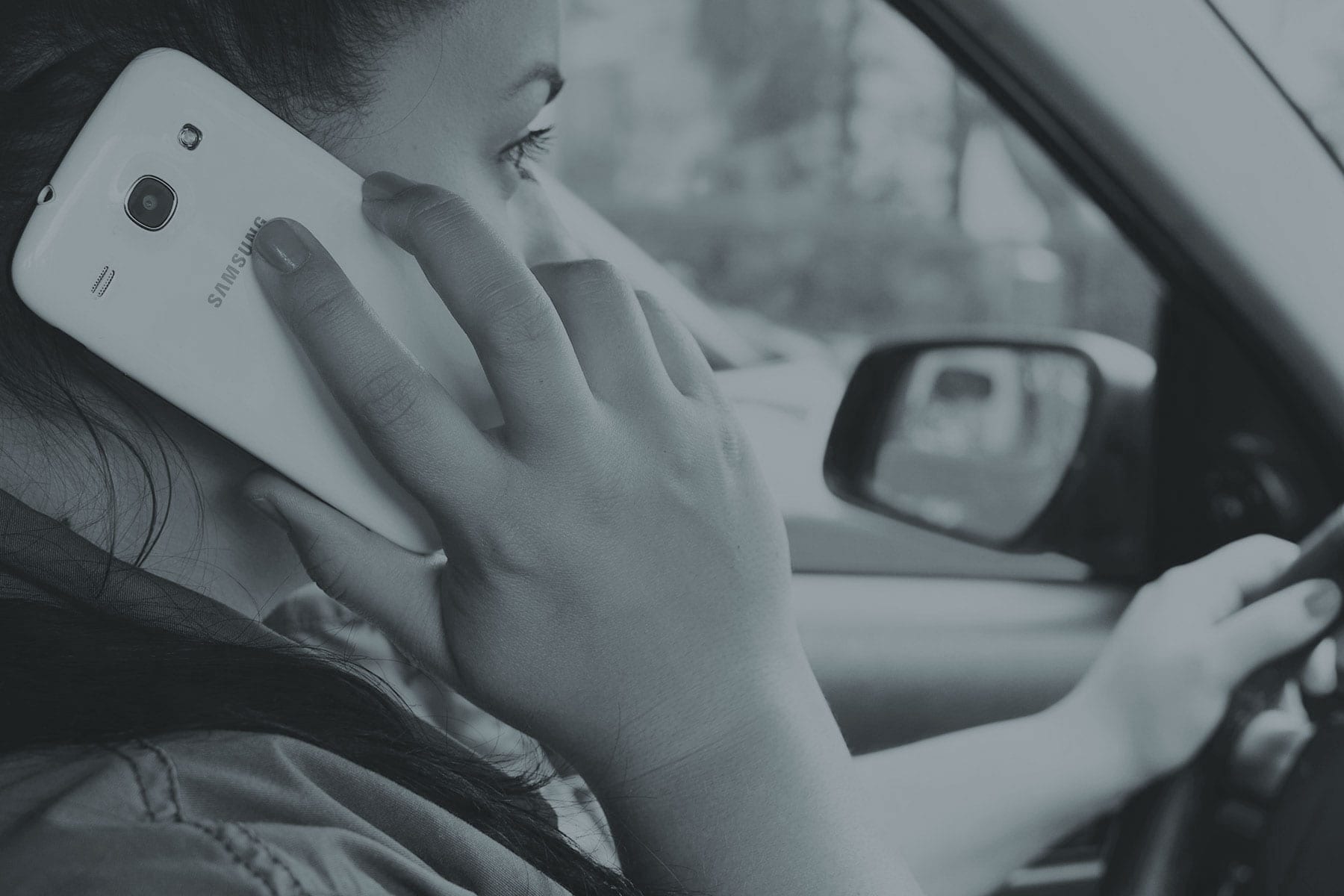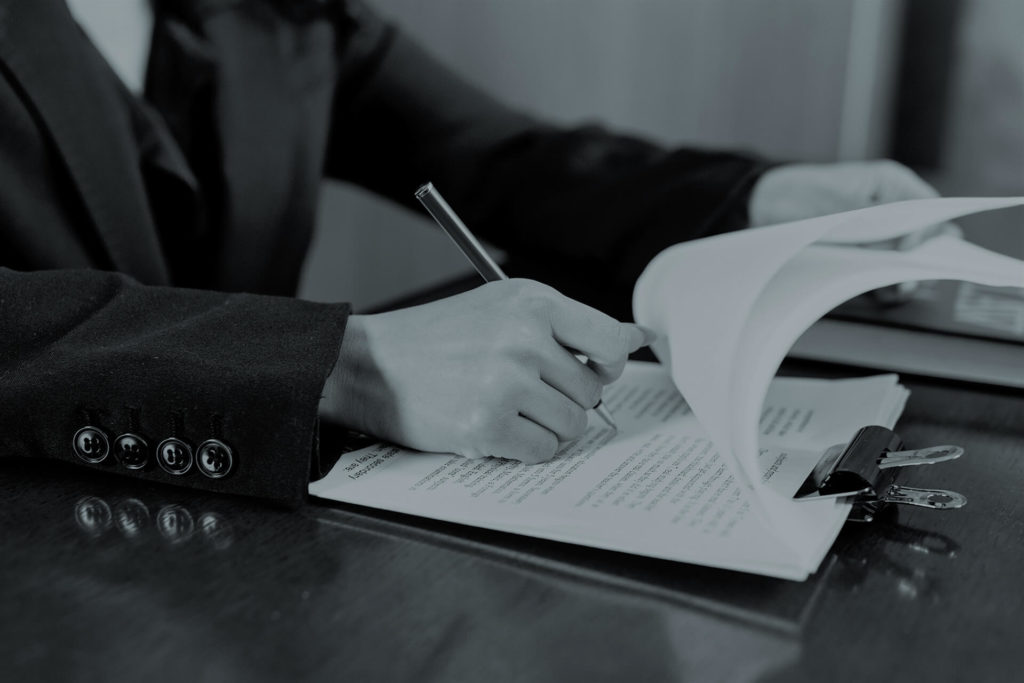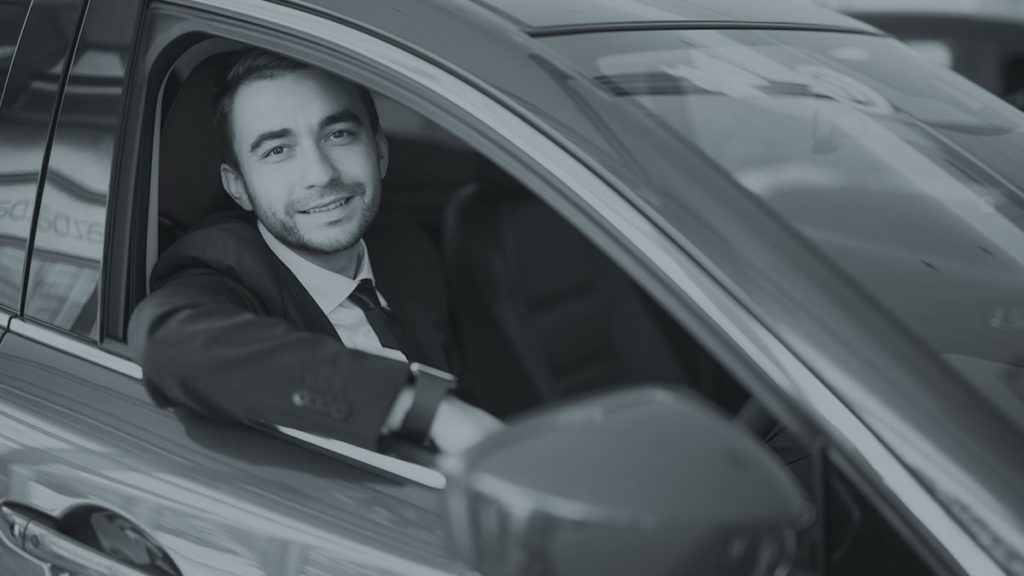Send your enquiry.
Contact us for a free, initial no obligation consultation.
"*" indicates required fields
Your information is safe and treated in accordance with our Privacy Policy
There are numerous motoring offences listed under the Road Traffic Act and other relevant legislation. Here, we list some of the most common road traffic offences and their punishments, accurate as of December 2020.
List of Road Traffic Offences in UK
If you have been charged with a motoring offence, contact us at Ashmans Solicitors. We know how to defend the charges and will work to achieve a favourable outcome on your behalf. We defend all types of motoring offences, including speeding, drink driving and dangerous driving. We are available to take your call 24 hours a day, 7 days a week.
Using a mobile hand-held device
It is against the law to use a mobile hand-held device while driving, such as a mobile phone. Your vehicle does not necessarily have to be moving to be found guilty of this offence. The legislation stipulates that you cannot use a phone while you are operating a vehicle – including if you are sat stationary in traffic, at a red light or supervising a learner driver.
However, you are allowed to use a hands-free device while driving, such as a Bluetooth headset or an in-built navigation device. So long as you do not have to physically pick up your phone with your hand while driving, you are not in contravention of the law.
The penalty if caught using a mobile hand-held device while driving is:
- Six penalty points
- £200 fine
If your case goes to court, you could get:
- A driving ban
- Up to a £1,000 fine (£2,500 if you were driving a lorry or a bus)
Your licence will be revoked if you passed your test within the last two years.
Speeding
Every section of road in England and Wales has a speed limit. You must abide by the speed limit imposed. This can change depending on the time of day. For example, the speed limit near a school may reduce to 20mph during the morning/afternoon school run. The speed limit can also temporarily change if road works or maintenance are being carried out. If you think you have fallen foul of one of these circumstance then you may be able to fight the speeding charge.
Lots of people assume that they are allowed to go slightly over the speed limit. There is a widespread myth that the police will not lay charges if you are 10% over the limit. However, the police are not obliged to stick to this rule of thumb and may impose punishment if they wish. How to avoid a driving ban for speeding.
The penalty for speeding is:
- Three penalty points and a £100 fine, or
- A speed awareness course
If your case goes to court, you could get:
- Up to a £1,000 fine
- A driving ban
Your case is more likely to go to court if you were driving significantly over the speed limit.
Careless driving
Careless driving is also known as driving without due care and attention. It is when the standard of driving falls below that required of a careful and competent motorist. Examples of driving without due care and attention include undertaking, tailgating, eating while driving and changing the radio while operating a vehicle. You do not have to cause an accident – or injure anyone – to be charged with careless driving. Have you been reported for driving without due care and attention?
The penalty for a minor careless driving offence is:
- Three penalty points
- £100 fine
If your case goes to court, you could get:
- Up to nine penalty points
- Up to a £5,000 fine
- A driving ban
Your case is more likely to go to court if the police consider the offence to be serious, perhaps because you caused an accident or injured someone.
The penalties for causing death by driving without due care and attention are:
- An unlimited fine
- A driving ban
- A prison sentence of up to five years
Dangerous driving
Dangerous driving is more serious than careless driving. It is when the standard of driving falls far below that required of a careful and competent motorist. Examples of dangerous driving include driving aggressively, driving while unfit, driving with an unsafe load and driving while distracted.
Dangerous driving cases are always dealt with by the court. The court may hand out any of the following penalties:
- A driving ban
- An unlimited fine
- Three to 11 penalty points
- A prison sentence of up to two years
The maximum prison sentence available increases to 14 years for the offence of causing death by dangerous driving. This is very different to the careless driving charge.
Drink driving
You cannot drive while over the prescribed alcohol limit. In England and Wales, this limit is set at 35 milligrams of alcohol in 100ml of breath. This can also be described as 80 milligrams of alcohol in 100ml of blood. The limit is lower in Scotland.
The police can stop you at any point and ask you to perform a roadside breath test if they suspect that you have consumed alcohol recently. If you fail this initial breath test, you will be taken to the police station for further testing. If the lower reading of the two tests confirms that you were drink driving, you will be charged. Refusing a breath test!
Drink driving cases are always dealt with by the Magistrates’ Court. The court may hand out any of the following penalties:
- An unlimited fine
- A driving ban
- A prison sentence of up to six months
Causing death while driving under the influence of alcohol results in higher penalties, including a prison sentence of up to 14 years.
Drunk in charge
Being drunk in charge of a vehicle is a common offence, yet it is one that many people do not actually know about. Being drunk in charge of a vehicle means that you are over the drink-drive limit, you are in control of a vehicle and there is a reasonable prospect that you will drive. This differs to drink driving because your vehicle might not actually be in motion. Rather, you might be sat in the driver’s seat with the keys in the ignition or curled up on the backseat trying to get some sleep.
The court may hand out any of the following penalties for being drunk in charge:
- A fine of up to £2,500
- A driving ban
- A prison sentence of up to three months
Have you been affected by the randox scandal.
Drug driving
Drug driving can refer to driving while intoxicated by an illegal substance such as cannabis or cocaine. It can also refer to driving while over the prescribed limit for a legal substance, such as painkillers. If the police suspect you are drug driving, they can ask you to do a field impairment test. They can also use a roadside kit to test you for cannabis and cocaine. If the results of these tests indicate that you could be drug driving, you will be taken to the police station for a urine or blood test. What happens if you are pleading not guilty to drug driving.
The court may hand out any of the following penalties for drug driving:
- A driving ban
- An unlimited fine
- A prison sentence of up to six months
Failure to provide a sample
If the police demand that you provide a sample to test for alcohol or drugs, then you cannot refuse without good reason. A reasonable excuse might be that you have a medical condition that prevents you from blowing into a breathalyser. Otherwise, it is an offence to refuse. This is known as failing to provide a breath sample. In these situations, you are treated as though you are guilty of drink/drug driving. The penalty available to the court is, therefore:
- A driving ban
- An unlimited fine
- A prison sentence of up to six months
Driving without insurance
You must be insured to drive a vehicle on a public road. In some countries, it is the vehicle that is insured, meaning anyone with a valid driver’s licence can drive it. However, it does not necessarily work like that in the UK. You must either be a named driver on the insurance policy or have your own fully comprehensive car insurance, depending on the terms of the policy. You will need a driving without insurance solicitor.
The penalty for driving without insurance is:
- Six penalty points
- £300 fine
If your case goes to court, you could get: More on what happens if you get caught driving without insurance.
- Up to eight penalty points
- A driving ban
- An unlimited fine
Driving while disqualified
If you have been disqualified, you cannot drive a vehicle until the ban has come to an end. If you are caught driving while disqualified, the court may hand out any of the following penalties:
- Six penalty points
- An unlimited fine
- A further driving ban
- A prison sentence of up to six months
A note on the penalties for traffic offences available
The penalties for the motoring offences described above may change in the future. Can
Furthermore, the penalties described here are the maximum penalties available. Just because you are found guilty of a motoring offence, does not mean to say that you will be given the worst possible sentence. There are ways to limit the penalties that are handed out, such as by pleading guilty at an early stage, explaining any mitigating circumstances and showing genuine remorse. It may also be possible to defend the charges and secure an acquittal. Speak with our motoring solicitors Sheffield to find out what your options are.
Driving offence solicitors near me
These are just some of the most common driving criminal offences that are committed in the UK. There are plenty of other possible offences, including failure to produce driving documents, failing to identify a driver and driving without a licence.
Whatever the charges laid against you, we can help. We can explore the defences available, working to secure a not guilty verdict or, if this is not possible, working to minimise the sentence.
Contact us now for an initial enquiry. You can call us on 0333 009 6275. We are available 24 hours a day, 7 days a week. See our motoring defence fees page to find out more about our fixed fees.
You can also email us on enquiries@ashmanssolicitors.com or complete our Online Enquiry Form and we will contact you.




